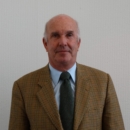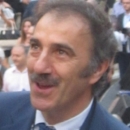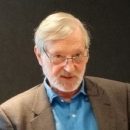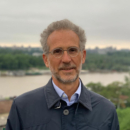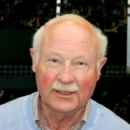Born in Madrid in 1957, Pedro Ponce de León studied Architecture at the Politechnical University in Madrid, reaching the degree of Architect in 1979 and Doctorate (with Cum Laude honours). Between 1980 and 1982 he worked as architect of the Spanish Archeological Mission in Jordan. In 1984 he received a scholarship from a Private Foundation in order to study Architectural Restoration in the International Center for the Study of the Preservation and Restoration of Cultural Property (ICCROM) at the Spanish Academy in Rome. His study about its cloisters was published in 1986 in the journal of the Royal Academy of Fine Arts.
He founded “Pedro Ponce de León, Architects” in 1980, with a deep specialisation in cultural and architectural heritage activities, and large experience in the intervention on Heritage buildings and monuments, from the preliminary diagnose to the Executive Project design and also, the project management works, providing technical assistance as well as criteria, building procedures, planning and economic audit.
More than 40 design and executive projects developed in different countries (Spain, Cuba, Albania, Greece, Mali, Western Balkan countries, etc. See page http://pedroponcedeleon.es/en/). Pedro Ponce de Leon has participated as an expert in some missions for the 7 Most Endangered programme of Europa Nostra, including Gjirokastra (Albania), Venice Lagoon (Italy), the Mafra National Palace, the Monastery and Church of Jesus in Sétubal (Portugal). He also has prepared feasibility reports for the Roman Amphitheatre in Dürres (Albania) and the Historic City of Kastoria (Greece). He is a consultant architect for the Division of Cultural and Natural Heritage (Council of Europe), consultant for different agencies: AECI (Spanish Agency for International Cooperation), CEB; Member of the Royal Academy of History and the Spanish-Belgium Academy. Member of ICOMOS (Spanish Council Committee), ICOM.

